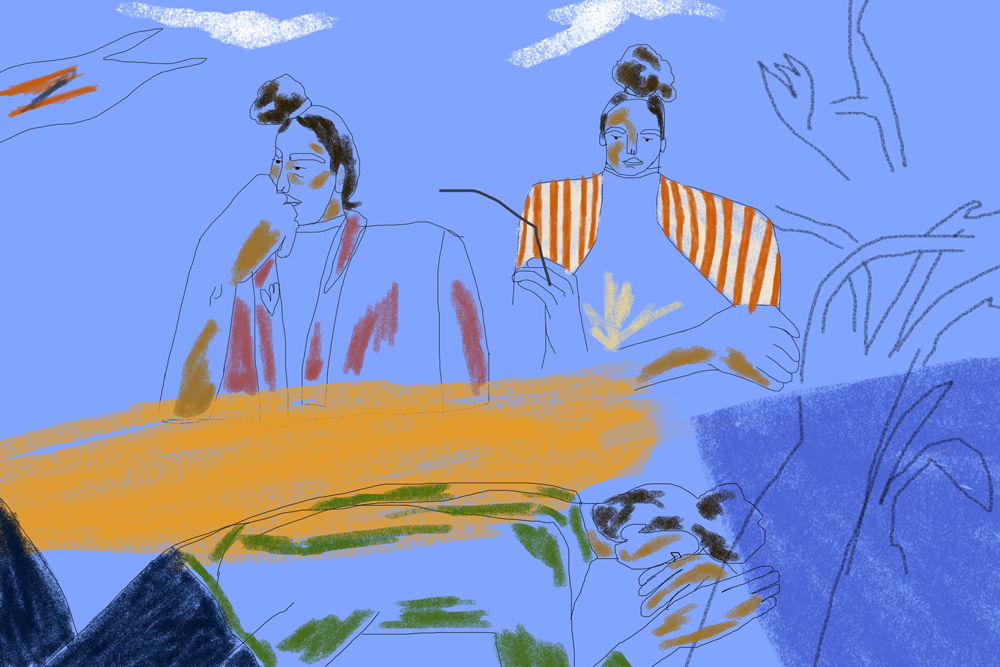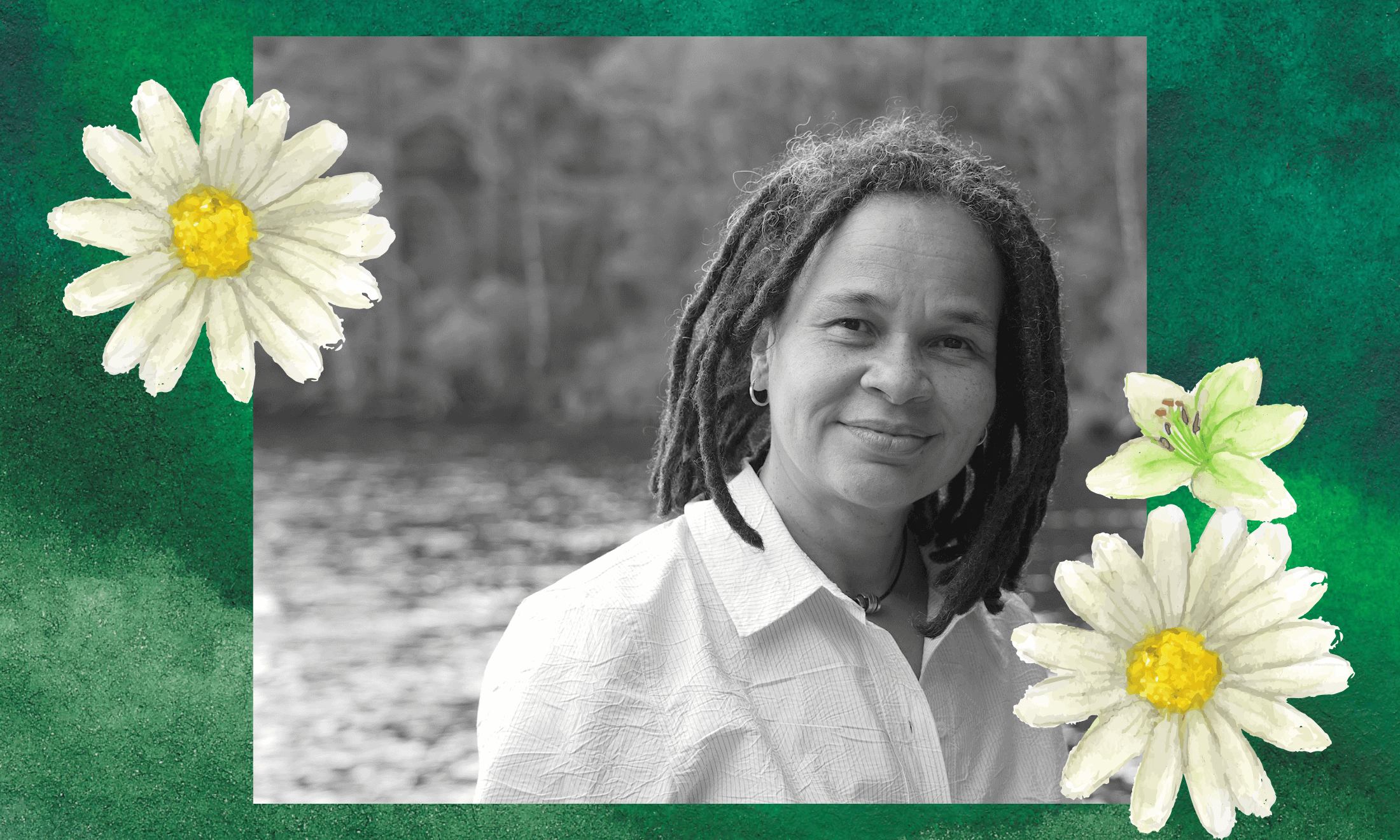
Struggling to articulate your experiences as a PoC? It’s okay, me too.
Hannah Hajee-Adam
09 May 2018
The huge presence of social and digital media platforms in our daily lives is undeniable. As a woman of colour living in Britain, this has made it somewhat easier to stumble across relatable stories and experiences, allowing me to find solidarity in knowing that I am not alone in my perception of the world. In the midst of racing thoughts and bouts of unwavering anxiety, it is comforting to read the words of similarly self-identifying individuals, struggling to navigate their way through the suffocating white spaces that contextualise society.
But with this comes the pressure to articulate my own experiences. Just as they do, I want to be able to verbalise and illustrate my perpetual struggles into tidy, thought-provoking, relatable content. I want to be able to channel the hardships I have faced as a woman of colour, tainted by mental illness, and produce creative work reflective of these feelings. But I can’t. The second I try and delve into details or expand on issues that are too close to home, I seize up and panic. I begin to ruminate on my past experiences, only to be left feeling drained and encapsulated in sadness. Being stuck in this stifling cloud of confusion and messy thought leaves me unable to articulate myself in the way I so desperately crave to do.
“Being stuck in this stifling cloud of confusion and messy thought leaves me unable to articulate myself in the way I so desperately crave to do”
I know that I have pain and trauma to express. But I don’t know how to do it. I don’t know if I will ever be able to do it. At least not in the succinct manner that so many seem capable of delivering. Any time I begin to write or speak of the struggles I am facing, tears sting my eyes as I try to hold back the cracks in my voice. Unable to dissect coherent words from past traumatic experiences, I choose to stay quiet, letting the pain fester and scar me deeper. I berate myself for not being able to function like a “normal” human, submitting to the blur of mental agony that seems to have forever characterised my existence
As people of colour, we do not have the luxury of being able to broadcast and communicate our voices through a large number of platforms. It is a real issue that needs to be addressed. And as we should, we celebrate those who translate their lifelong struggles into beautiful art, touching spoken word and poetry, mesmerising music, and articulate academic literature. But is the recognition of PoCs only given to those who are able to succinctly communicate their struggles through creative mediums? What about those of us who can’t? What about those of us who are still too traumatised to do this? What about those of us who are too mentally shaken to find the perfect words in this very moment? Where does that leave us?
“But is the recognition of PoCs only given to those who are able to succinctly communicate their struggles through creative mediums? What about those of us who can’t?”
If you’re feeling anything like this, then please know, it’s okay. I want to remind you, as well as myself, that an inability to self-express is perfectly normal. The process of translating your struggles is a personal one, and feeling triggered (in the truest sense of that word) is a natural occurrence. It’s okay to find it challenging or near-impossible to articulate yourself. The validation of your hardships as a PoC does not depend on your ability to produce relatable articles or poetry. The acknowledgement of your existence is not contingent upon your ability to “create”.
For those of us that constantly face this inability to self-express, I stand in solidarity with you. This article is not meant to speak for your unspoken emotions. It is simply meant to acknowledge your painful silence. Whether you can spend hours painting pieces relating to your trauma-filled childhood, or you’re lying on the floor in a full-blown depressive episode unable to even cry – you are valid and your struggles are real. Your silence does not deny your existence.









